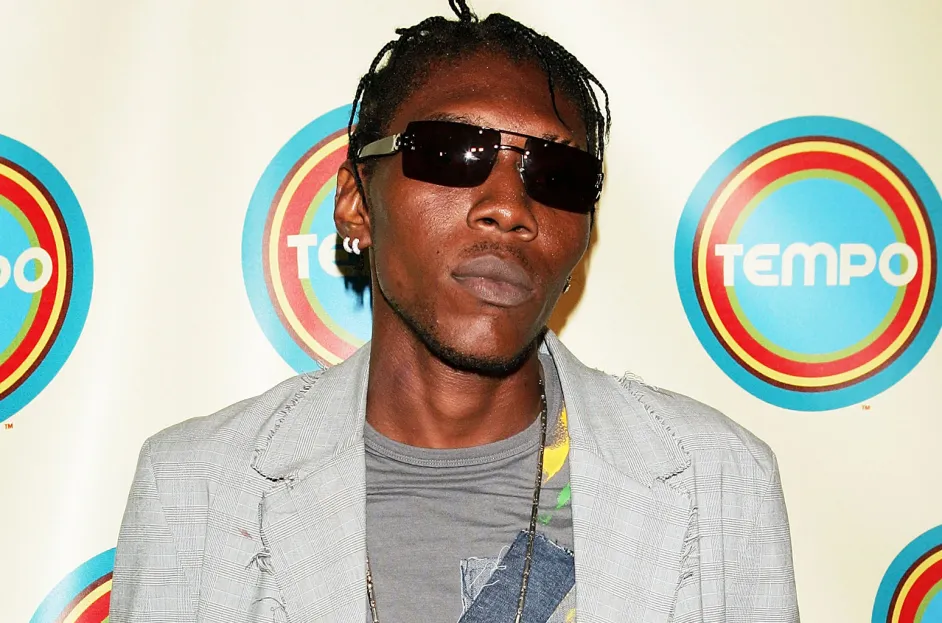
Jamaican Dancehall Star Vybz Kartel Released From Prison After 13 Years

Jamaican dancehall star Vybz Kartel and his co-accused were released from prison on Wednesday (July 31) after serving 13 years behind bars. According to the Jamaica Observer, the Court of Appeal ruled against retrying the men for the murder of Clive “Lizard” Williams, resulting in their release.
The court stated, “We conclude that the interest of justice does not require a new trial to be ordered.” It added there was sufficient evidence to suggest Kartel wouldn’t be able to complete a potentially longer sentence if there were to be a retrial, citing the “psychological and financial effects that it would have on the appellants.”
Kartel’s defense also made note of the severe lockdown conditions he’s been in since 2011, describing his holding as a brick cell with no air circulation, no water and a bucket for a toilet.
“His neck was swollen,” an attorney told FOX 5. “If you think of a shirt that is about 18.5 inches in the neck area, you couldn’t close the collar on his neck and that’s how bad it is in this moment. His face is actually swollen. And one other thing. He always wears glasses; in this condition, that causes his eyes to protrude.”
Aa sworn medical affidavit from Kartel’s private doctor in 2023 notified authorities that his Graves’ Disease and heart condition were getting worse, and that if he didn’t get surgery soon, he could die.
Vybz Kartel, who has collaborated with everyone from JAY-Z to Rihanna, won his appeal in a London court in March 14. Kartel has been held a Jamaican jail since 2011 over the disappearance of Williams, whose body has never been recovered.
Kartel and three others—Shawn Campbell, Kahira Jones and Andre St. John—were convicted in 2014 following a 64-day trial in Kingston, one of the longest in Jamaican history. He was sentenced to life imprisonment with a minimum of 35 years, although that term was later reduced on appeal to 32-and-a-half years.
Kartel maintained his innocence since Williams’ disappearance. But during the trial, prosecutors provided what they deemed a key piece of evidence: a text message said to be sent from Kartel’s phone that claimed Williams had been chopped up into so many pieces his body would never be found.

